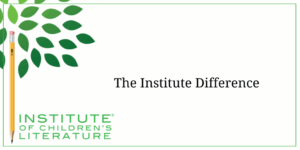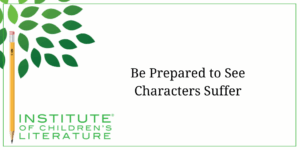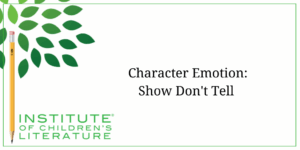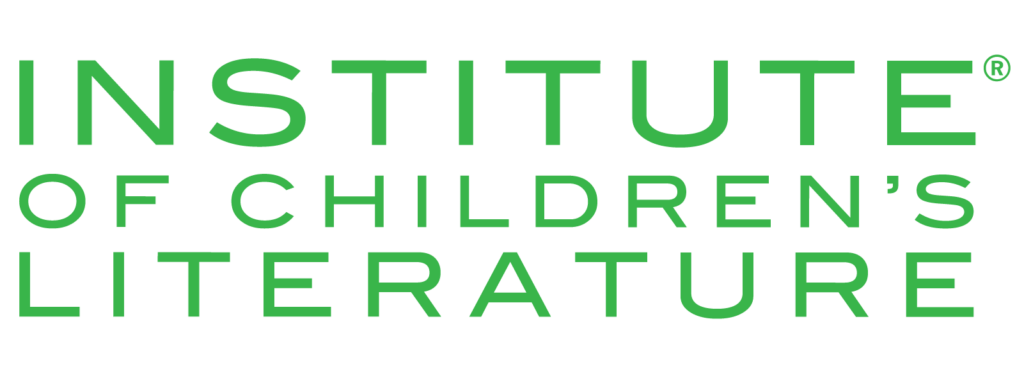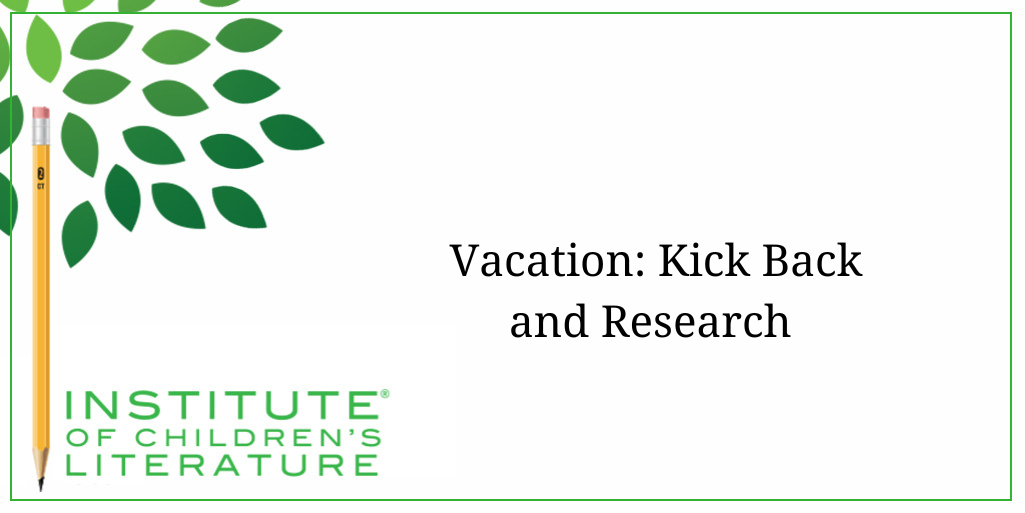
- Date: May 8, 2025
- Author: Jan Fields
- Category: Writing for Children Blog
- Tags: experience, inspiration, vacation
We teach our students how to write and get published!
View our Course Catalog >
Vacation: Kick Back and Research
For writers, every experience, and vacation, is an opportunity to pack away information for possible use someday in a story or article. I once set a mystery novel in a jury selection setting because I'd recently been called to jury duty, and the combination of nerves and tedium was fresh in my head, so writing the setting and background procedures flowed from recent experience. I knew exactly what the little alcove that held a coffee maker was like. I could visualize the industrial carpet perfectly up to and including a stain on the carpet that suggested the little coffee maker table had moved from across the room at some point. I had seen other people sharing the experience and could imagine them as characters with backstories of my choosing that might fit into a scene held right there. 
Anytime I go into a new place or new experience, I soak up as much detail as I possibly can, because I want to be able to call on it for future writing. And there are few greater opportunities for new experiences than a vacation. You're in a new place. You're out of your routine. You are constantly receiving new sensory details. And you tend to have a lot of extra time to people-watch.
Travel is so Broadening
I'm a huge user of Google Maps Street View whenever I'm researching a location for my stories. Even if I don't specify in the story that it is set in a particular town or area, you can be sure I've “walked” the roads of my inspiration area with Google Maps in order to get a sense of the flora, the style of houses, the state of the roads, etc. I often discover little details that way that give my scenes a strong sense of place, like the kind of signs that exist on businesses, the state of people's yards, and so many details that I wouldn't have if they all had to come from my imagination.
As good and as helpful as this is, there is nothing that does so much as actually going to a new location with my research senses in full action mode. I can smell what flowers are blooming at the time of year I am there or catch the scent of salt water and fish at the seaside. I can see where water puddles on roads and in yards if it's been rainy. I can feel the breeze or the humidity on my skin. I can hear squabbling gulls or a sound of trains on tracks. When I am there and actively noticing, I am storing a wealth of sensory data that will appear in books of mine in the future. Nothing is wasted. For me, a large slice of the pleasure I get from vacation travel is in broadening the store of sensory detail and memory I acquire while traveling.
 And I'll pay attention to things the rest of my family notices as well. I'm from the South originally, and I'll sometimes overlook things that make the South so different from New England, where I live now. But my daughter, who is a New England girl through and through, finds the South very exotic. And she notices things and points them out, so I can add her senses to the library of things I'm noticing for future books. She'll also notice differences in the way people interact in the South versus New England. I've noticed that too, but I'm coming from a place of being, at heart, a Southern girl, which she is processing it through being a New Englander. The difference gives me new perspectives and new things I can use in future books and stories.
And I'll pay attention to things the rest of my family notices as well. I'm from the South originally, and I'll sometimes overlook things that make the South so different from New England, where I live now. But my daughter, who is a New England girl through and through, finds the South very exotic. And she notices things and points them out, so I can add her senses to the library of things I'm noticing for future books. She'll also notice differences in the way people interact in the South versus New England. I've noticed that too, but I'm coming from a place of being, at heart, a Southern girl, which she is processing it through being a New Englander. The difference gives me new perspectives and new things I can use in future books and stories.
Making Sensory Maps
I've talked about this before, but I'm a huge fan of note taking and making sensory maps whenever I am in someplace new. I am perfectly happy to pull out a notebook when I'm in a new style of grocery store or visiting a grocery that is very old or very new. That's so I can make note of specific things in the building. For instance, there is a grocery store in my Southern hometown that is a favorite of the local farmers, who don't always exactly scrub up before going there. So, the store tends to smell like farm work. It might not be something you'd think of as a pleasant scent, but it is incredibly evocative, and I've written a scene before where someone catches exactly that combination of sweat, cow manure, and the sharp mustiness of a work jacket that has gotten wet and dirty countless times. She turns to spot a local farmer she knows, and a conversation ensues. But that scent added something extra to setting the scene there.
When I'm on vacation, the opportunity for new sensory maps is constant, and it can become a way to take a little of that place home with you, because the notes you take can return you to that moment by evoking your senses in memory. Photos are nice, but scent and sound are incredibly evocative senses linked to memory.
So, I'll have notes about silly tourist traps that we stop at as well as notes about hotels, woodland walks, beaches, and more. It not only helps my writing, but also makes me more appreciative about the trip, because I really open up to noting and remembering the small things that make each new place unique, thus letting me stay in the moment. Vacations are brief, so the more I can take home from them, the better.
Experience as Inspiration
Vacations are more than places. They are experiences. They can be fairly ordinary experiences such as being stuck in traffic, hauling luggage into hotels, or dealing with airplanes. These kinds of experiences can be repetitive, but they often have small moments of unique opportunity. An argument you overhear with a couple in line. An odd car broken down on the side of the road. The visual illusion caused by sunshine hitting the wing of the airplane while you're looking out the window.
For writers, tiny things can turn into stories when you mix in your imagination. The argument between the couple could be a coded message. The broken-down car could be hiding a body behind it. The light on the wing of the plane could be a supernatural creature. Inspiration lies all around us, especially when you're outside the everyday experiences of your life. 
Whenever my family goes on vacation, we try to catch at least one museum. It might be an art museum, where any painting could hold a story inspiration. It might be a natural history museum, where I can learn new information about the past and the present of the natural world, information that might inspire me to write a nonfiction article. It might be a history museum, where I might encounter information I didn't know or be offered an experience I'd never had. At a nautical museum, I learned new and interesting things about ship figureheads, which inspired a story. And I learned something I'd missed out on in school about the competition to reach the North Pole first, and that led me eventually to write an article for Highlights about it. Museums are so full of story and article potential they are a kind of real-life story starter, and I cannot recommend them enough.
So, as you head out on vacation this year, watch for the stories all around you. Go out of your way to put yourself in places brimming with inspiration. Soak in the sensory details of each new place. And know that stories are everywhere. All you have to do is recognize them when they come your way, or you go theirs.
Related Articles for Inspiration
With over 100 books in publication, Jan Fields writes both chapter books for children and mystery novels for adults. She’s also known for a variety of experiences teaching writing, from one session SCBWI events to lengthier Highlights Foundation workshops to these blog posts for the Institute of Children’s Literature. As a former ICL instructor, Jan enjoys equipping writers for success in whatever way she can.

